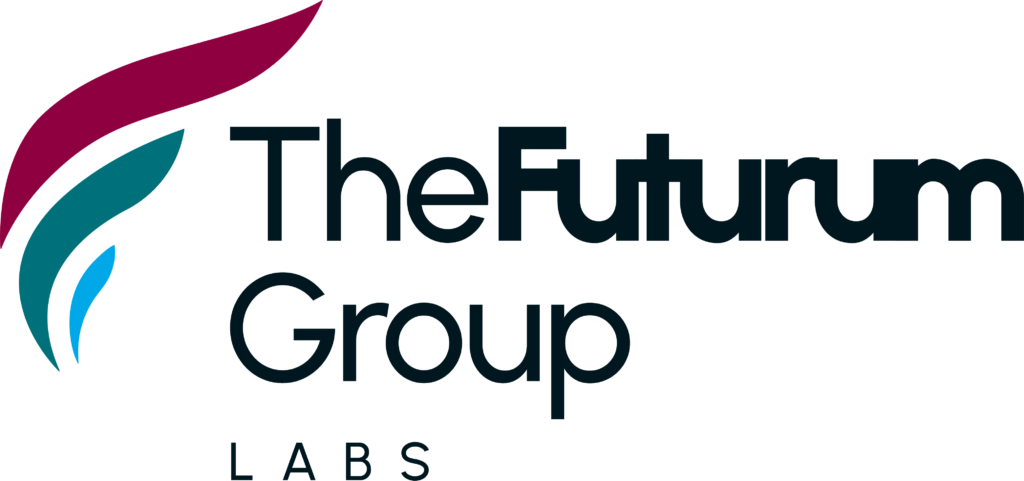The News: Quantum has announced Myriad, its latest data storage offering. Myriad is a software defined solution for file and object storage. The solution is designed to be cloud-native and supports all-flash storage. Quantum is positioning Myriad for large scale, high-performance unstructured workloads including AI/ML, data lakes, VFX, and animation. See the full release from Quantum here.
Quantum Announces Myriad File and Object Storage Designed for High Levels of Performance and Scalability
Analyst Take: Quantum has announced Myriad, the company’s latest offering expanding its data storage offerings. Myriad expands Quantum’s portfolio by adding a modern all-flash file and object solution aimed at proving high levels of both performance and scalability. Quantum Myriad is designed for high bandwidth and high IOPs unstructured workloads such as AI/ML, data lakes, VFX, and animation.
I believe the addition of Myriad can help Quantum break into a broader market. Quantum has often been thought of as a vendor with a strong focus on tape solutions, and while they have certainly found and will continue to find success in this area, it is not typically considered among the most exciting growth areas in IT. Quantum has also offered file and object based solutions such as StorNext or ActiveScale, however, these provide narrower focuses such as archiving, data repositories, and media and entertainment.
While Quantum’s current offerings will still find their place, Quantum’s Myriad offering seeks to provide a solution to modern, high growth areas such as AI and ML. Quantum Myriad is a software defined, unified file and object offering that operates on standard flash storage servers. It utilizes a shared nothing, microservices architecture, and includes features such as self-healing, automatic configuration of storage nodes, inline data reduction, built-in snapshots, metadata tagging and analytics, and system health and performance monitoring.
Unstructured data has a legacy as secondary data with a focus on disk-based systems and capacity taking precedence over performance. Newer applications, however, are changing the requirements. Unstructured data is growing rapidly and is increasingly utilized as primary storage requiring high levels of performance alongside high levels of scalability. This, along with economic considerations, has led to increased use of solid-state media for unstructured data. In addition, new application development is heavily focused on cloud native, containerized architectures – requiring further change from many traditional file or object storage systems. Quantum Myriad appears to check many of the boxes required for these emerging unstructured data use cases.
With the announcement of Quantum Myriad, the company is showing a new side of itself and a focus on new development. This is exciting to see as it provides Quantum room to expand outside of its traditional use cases and beyond the image of being primarily a tape vendor. I see this development as a positive step for Quantum and I look forward to seeing how both Quantum and Myriad continue to tackle the evolving requirements of unstructured data and emerging use cases in the future.
More insights from Evaluator Group:
Check out Evaluator Group’s research on File and Object Storage here:
Object Storage EvaluScale Comparison Matrix
Midrange NAS EvaluScale Comparison Matrix
Disclosure: Evaluator Group, wholly owned by The Futurum Group, is a research and analyst firm that engages or has engaged in research, analysis and advisory services with many technology companies, including those mentioned in this article. The author does not hold any equity positions with any company mentioned in this article. Analysis and opinions expressed herein are specific to the analyst individually.

